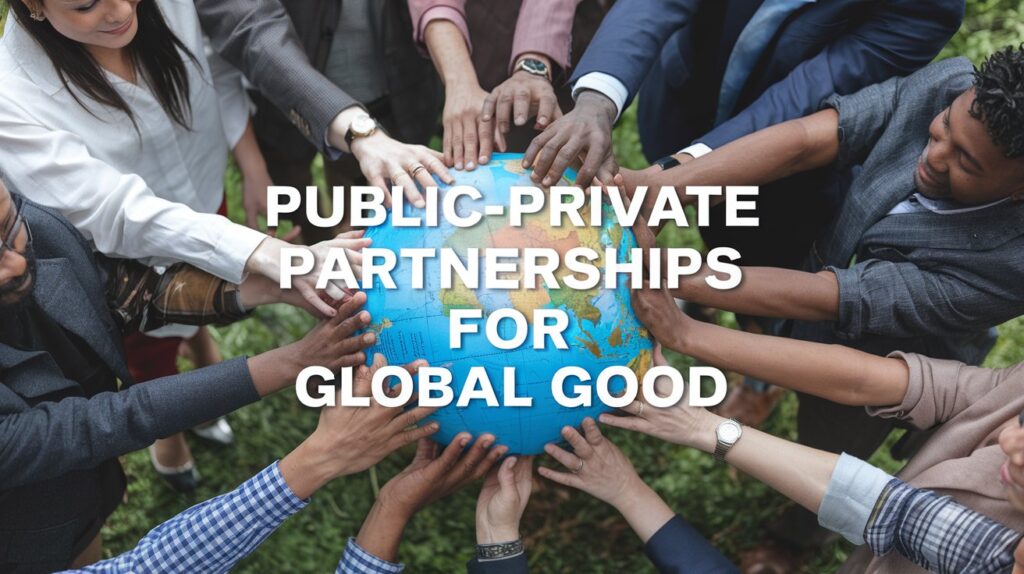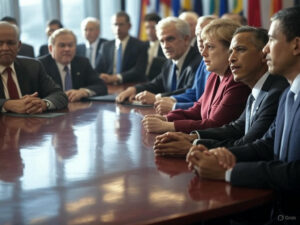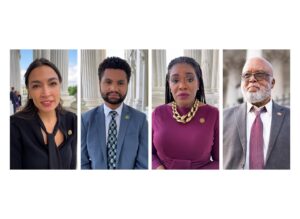Understanding USAID: Elon Musk’s Controversial Critique Explained
In recent months, the conversation surrounding the United States Agency for International Development (USAID) has taken center stage, especially following remarks from billionaire entrepreneur Elon Musk. His claims about the agency have ignited a debate over U.S. foreign aid, its effectiveness, and the role of private individuals in public policy. In this blog post, we will delve into Musk’s critiques, the mission of USAID, and why this discourse has become crucial in today’s political landscape.
Table of Contents
What is USAID?
The United States Agency for International Development (USAID) was established in 1961 to administer civilian foreign aid and development assistance. As an independent agency of the U.S. federal government, USAID seeks to promote economic development, reduce poverty, and improve global health. Its goals align with U.S. foreign policy objectives of promoting democracy and stability in regions facing adversity.

Key functions of USAID include:
- Providing humanitarian assistance in crisis situations.
- Supporting development in areas such as education, agriculture, and infrastructure.
- Strengthening the capacity of governments and civil society organizations.
- Promoting economic growth by fostering private sector development.
Elon Musk’s Critique
Musk, known for his outspoken nature, has been critical of how USAID operates. His comments recently gained traction, especially in relation to a potential government shutdown that could threaten funding for various programs, including humanitarian efforts. Musk’s critique boils down to several key points:

Lack of Efficiency:
Musk argues that the funds allocated by USAID are often mismanaged and do not yield the desired outcomes. He believes that a more efficient approach should be adopted, particularly in light of the ever-changing global landscape.
Private Sector Innovation:
As a proponent of innovation, Musk has posited that private entities like SpaceX and Tesla should play a more significant role in humanitarian efforts. His perspective suggests that private companies can often mobilize resources and execute projects more effectively than traditional government programs.

Political Influence:
Musk has also highlighted concerns about the potential influence of political agendas on the distribution and management of foreign aid. He suggests that such interference can undermine the effectiveness of USAID’s mission.
The Impact of Musk’s Comments
While Musk’s comments have generated significant media coverage, they have also sparked more profound discussions about the role of USAID and foreign aid in general. Let’s examine some of the responses Musk’s comments provoked:
Supporters of USAID
Supporters argue that:
- USAID has a proven track record of aiding in disaster relief and promoting stability in conflict zones.
- Despite bureaucratic challenges, the agency’s mission is integral to U.S. foreign policy and global humanitarian efforts.
- Private sector involvement is essential, but it should complement, not replace, government initiatives.
Critics of USAID
On the other hand, critics echo Musk’s sentiments by stating that:
- The agency’s effectiveness should be scrutinized and revamped to maximize impact.
- Incorporating more private-sector solutions could drive innovation and efficiency in aid distribution.
- There’s a need for transparency and accountability in how public funds are utilized.
The Role of Government and Private Sector in Foreign Aid
The debate surrounding USAID and Musk’s critique raises essential questions about the intersection of government and private enterprise in foreign aid. It highlights the need for innovation, accountability, and a fresh approach to solving global challenges.
Understanding the main roles:
- Government: Traditionally, government agencies like USAID have been responsible for structured aid distribution, policy development, and maintaining diplomatic relations.
- Private Sector: Companies can introduce modern strategies and rapid deployment of resources, but they also seek profits which could conflict with altruistic objectives.
Finding the balance between these two entities is crucial in shaping an effective foreign aid strategy.
Potential Solutions and Future Directions
In light of Musk’s critique and the ongoing conversation about USAID’s role, several potential solutions can be considered to enhance the delivery of foreign aid:

1. Increased Transparency: Ensuring that funding mechanisms and project outcomes are transparent can help build trust and accountability.
2. Public-Private Partnerships: Establishing effective partnerships that leverage private sector innovation while aligning with public goals can enhance the effectiveness of aid distribution.
3. Outcome-Based Funding: Shifting from traditional funding models to those based on measurable outcomes can incentivize organizations to focus on results.
4. Adopting Technology: Utilizing advancements in technology can streamline processes, improve monitoring, and enhance communication in aid distribution.
Conclusion: A New Era of Foreign Aid?
Elon Musk’s remarks on USAID have spotlighted the age-old debate of government versus private sector involvement in foreign aid. The discourse surrounding this issue is vital as it reflects a broader struggle to find effective methods for addressing global challenges.
As the world faces pressing issues such as climate change, health crises, and conflicts, it is imperative to not only listen to critiques like those from Musk but also to collaboratively explore innovative solutions in the arena of foreign aid. Ultimately, the goal should be clear: maximizing impact while promoting sustainable development and humanitarian assistance across the globe.
The future of foreign aid may well depend on how we integrate the strengths of both government programs like USAID and the nimble, innovative approaches offered by the private sector. In this evolving landscape, only time will tell what balance is struck and how it will shape the lives of people in need around the globe. [USnewsSphere.com]
-
Google Warns Quantum Computers Could Break Today’s Encryption Sooner Than Expected
Sharing articles Facebook Twitter Pinterest LinkedIn Google Warns Quantum Computers Could Break Today’s Encryption Sooner Than Expected Google’s approach to post-quantum cryptography is now becoming one of the most critical security discussions in tech — as quantum computers edge closer to breaking today’s encryption systems. Leading technology developers are warning that classical encryption standards such
-
AI Storage Crisis: Western Digital Sells Out 2026 Hard Drives as Demand Explodes
Artificial intelligence (AI) infrastructure demand has pushed Western Digital’s entire 2026 hard disk drive (HDD) production capacity to be sold out before March even begins, outpacing forecasts and squeezing supply for consumer and enterprise storage alike. The surge — driven by massive data center build-outs that require vast amounts of storage — has triggered supply








